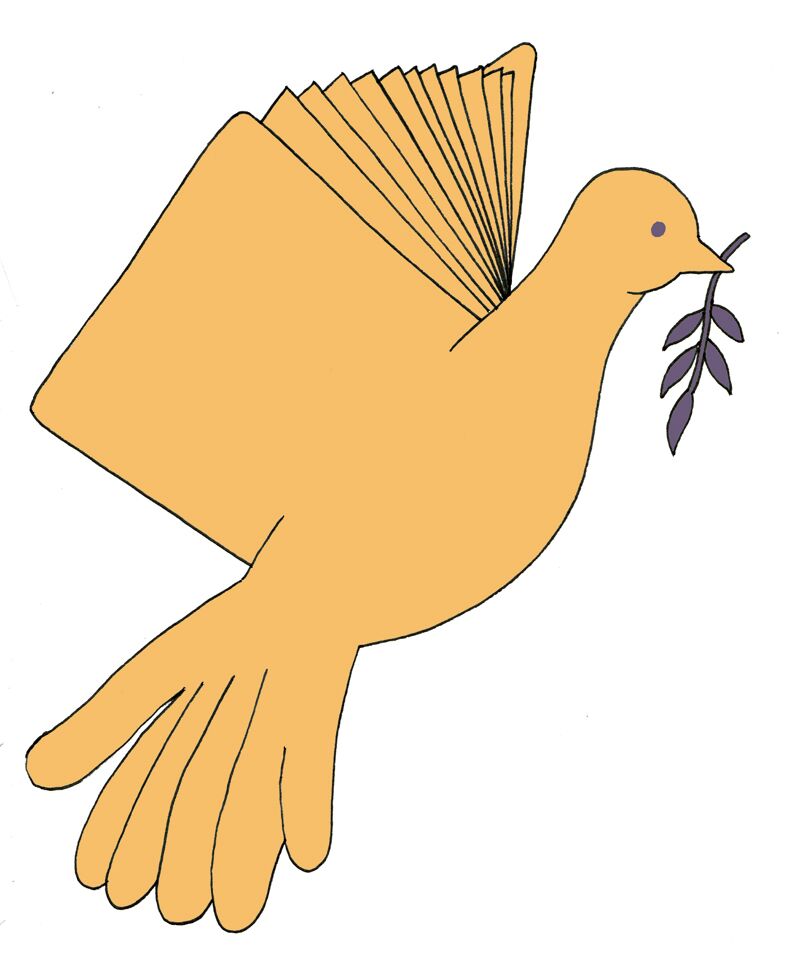One student’s experience finishing her studies at Concordia, and what she’s learned
Dear Concordians, when asked to reflect on my time at Concordia, I must admit it took me a while to collect my thoughts. I didn’t know where to begin explaining what Concordia means to me. After spending the past six years as both a Concordia undergraduate and graduate student, and an employee in multiple student services, I could probably sit here and write a novel about what this school has given me, in terms of academic, professional and most of all personal growth. But instead, I will give you the cliff notes version.
If I had to sum it all up in one sentence, I would say Concordia gave me a community. As my time at Concordia comes to an end (for now), I find it difficult to accept leaving such an incredible environment. I have been a Concordia student since 2014, completing my Bachelor of Arts in both Human Environment and Communication and Cultural Studies, and am now nearing the end of my Master’s in Environmental Assessment. Suffice to say, I have experienced my fair share of course registration, midterms and exams. Although I am a nerd, and will probably continue my studies further, the most rewarding part of my Concordia experience happened outside the classroom.
It all started during my undergrad, when I got involved with the Hellenic Student Association, which introduced me to a world of extra-curricular involvement on campus. I quickly realized that I enjoyed interacting with other students from various disciplines, all coming together with a common goal. These interactions exposed me to a whole roster of clubs and associations to join, ranging from program-specific student associations under ASFA, to the Inter-Fraternity Council and the Zeta Tau Omega Sorority.
Through these experiences, not only did I learn transferable skills like time-management, but I also learned more about myself. I became a productive version of myself and realized that I like keeping myself busy, being involved, interacting with and learning from others, and representing the university through my Concordia pride. This sense of familiarity, belonging and community cultivated during my undergrad was just the beginning.
Being active within the university led me to appreciate the outstanding services, the diverse people and the incredible opportunities available to us all. As soon as I started my graduate degree in 2017, I began working with various academic service departments, such as with the Student Success Centre, the Examinations Office, the Access Centre for Students with Disabilities, GradProSkills, and more. One of my most rewarding roles was as a Welcome Crew Mentor, during which I learned how most services on campus function, which introduced me to the many opportunities Concordia provides.
For this reason, when asked about Concordia by friends who are looking to attend, or when asked for help from people in my personal circle, I cannot stop gushing about what the university offers (it is often times embarrassing… for them, not for me). A major part of the reason I love working at the university is because I believe I had a truly fulfilling undergraduate and graduate experience—learning, growing and evolving as the best version of myself—and I take it as an opportunity to help do the same for current students.
I am grateful for everything the university has taught me. Thank you Concordia! My advice for students who have read all my embarrassing gushing up to this point: take advantage of your time as an undergrad or grad. Dare to step out of your comfort zone and take on opportunities, both the ones that come your way and the ones you must search for, but that are yours for the taking. Make the most of your time at Concordia, get out there and discover what you love doing in the Concordia community and make it yours!
Sincerely,
A Proud Concordian
Archive Graphic by Alexa Hawksworth
